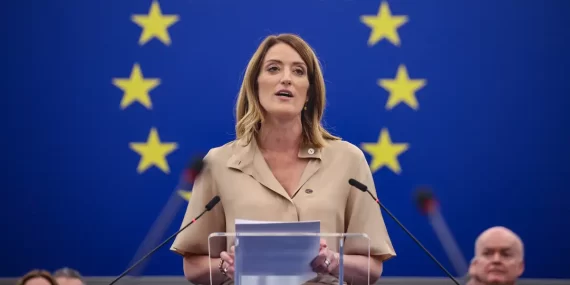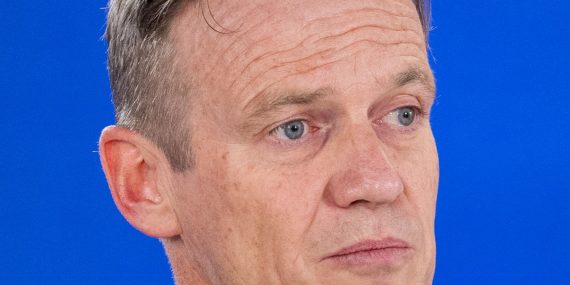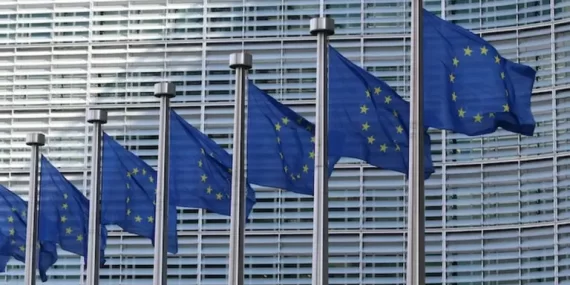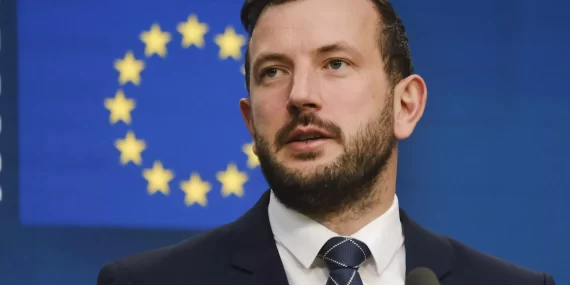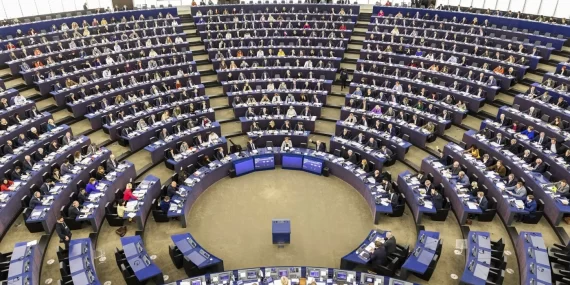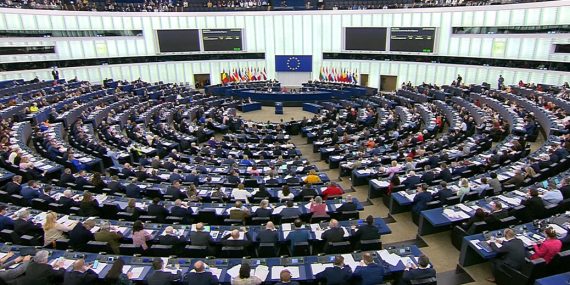Council of Europe evaluates anti-corruption progress in Ireland
The Council of Europe’s Group of States against Corruption (GRECO) has published a compliance report on Ireland, assessing the country’s progress in implementing recommendations from GRECO’s 2022 evaluation report on preventing corruption and promoting integrity in central governments (top executive functions) and law enforcement agencies. In today’s report, GRECO concludes that Ireland has satisfactorily implemented one of the eighteen recommendations set out in the…



